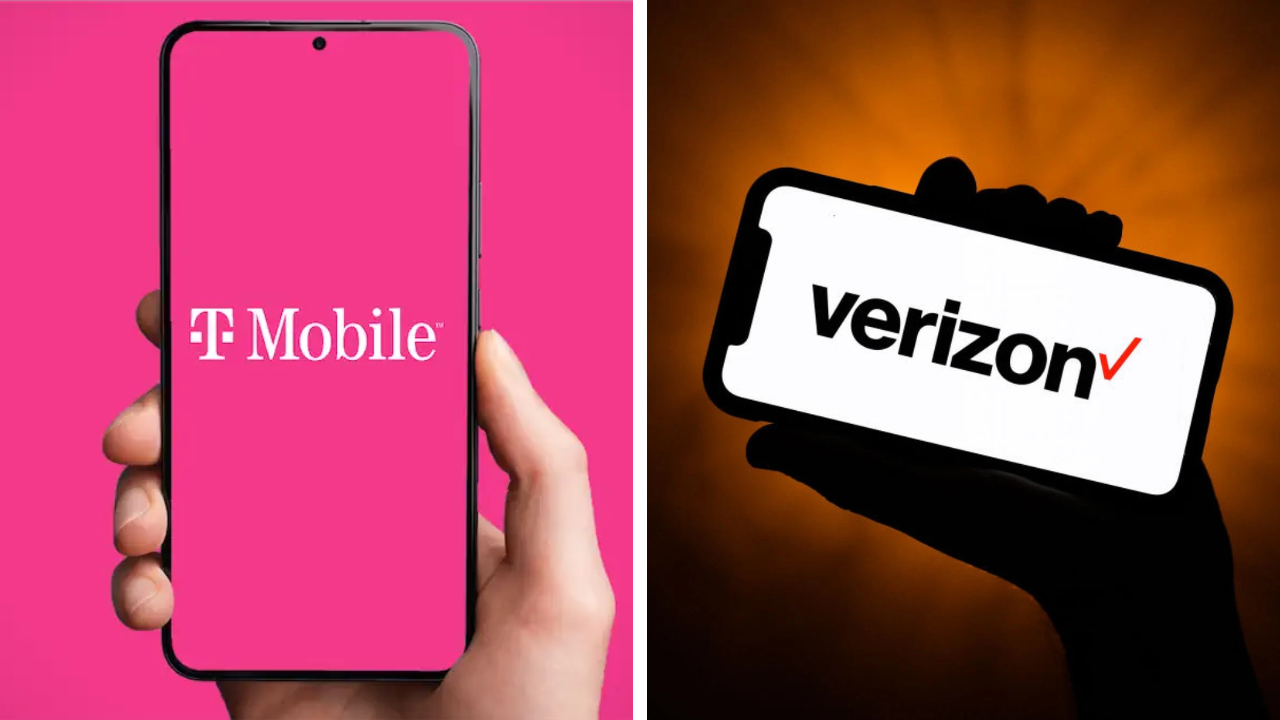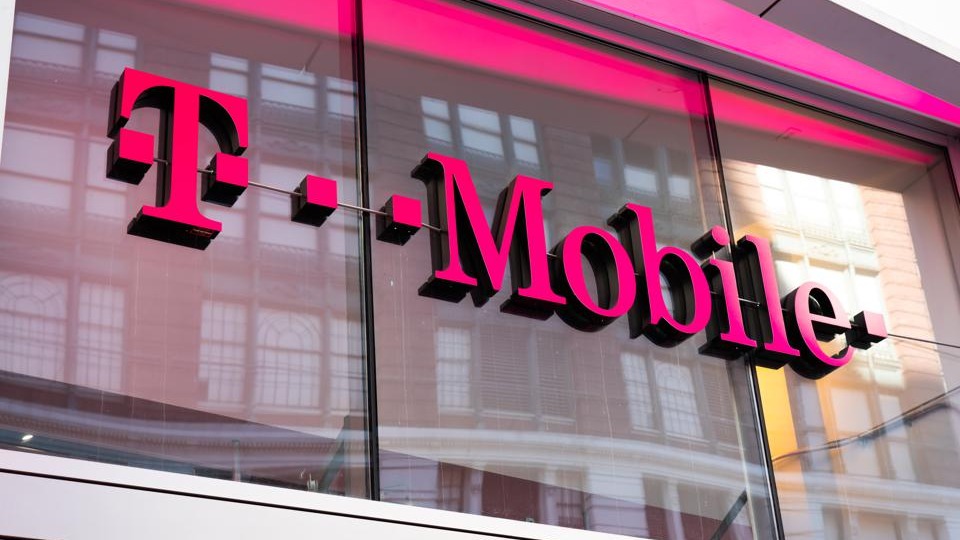
Understanding the 5G Home Internet Landscape
As 5G technology evolves, home internet options are expanding significantly. Consumers are now faced with choices between prominent telecom giants like Verizon and T-Mobile. Both providers offer competitive 5G home internet services, but what distinguishes them from each other in terms of performance and value?
Comparing Plans and Pricing: Which One Gives You More?
Verizon's 5G Home Internet plans start with prices around $50 per month, featuring no data caps. The service emphasizes speed, boasting average download speeds up to 1 Gbps in ideal conditions. Meanwhile, T-Mobile’s 5G Home Internet offers a flat rate of $50 per month as well, also with no data caps. However, T-Mobile sets itself apart by boasting a broader rural reach, catering to those in areas often overlooked by other providers.
Performance Metrics: Speed, Reliability, and User Experience
Speed is often the primary consideration for customers when choosing an internet service provider. Verizon touts its high-speed capabilities, fully utilizing its Ultra Wideband 5G and providing impressive performance in densely populated areas. T-Mobile, on the other hand, emphasizes accessibility, often performing well in areas with weaker signals, thanks to its extensive low-band 5G coverage. Decisions around which service might be best often boil down to individual geographic needs.
Future Predictions: The Growing Necessity for Reliable Internet
As more users shift to remote work and online education, the demand for reliable internet continues to rise. Looking ahead, both Verizon and T-Mobile are expected to invest heavily in expanding their respective networks. This growth will be crucial, especially as the competition heats up. Not only will these advances benefit existing customers, but they'll also attract new subscribers who require stable internet access for everyday life.
Breaking Down the User Experience: Customer Satisfaction
User experience is critical for long-term satisfaction, and service reliability factors heavily into this equation. Verizon users have generally reported high satisfaction levels, particularly when it comes to customer service and support. T-Mobile users, however, appreciate the provider's transparency and informative approach to service upgrades and network improvements.
Making the Decision: What Should You Consider?
Choosing the right internet provider rests on individual needs. It’s imperative for potential customers to evaluate their specific requirements: do you value speed above all else, or is expansive coverage more significant? Consider trial periods or money-back guarantees when exploring these options.
In conclusion, both Verizon and T-Mobile offer competitive 5G home internet services, but deciding which is best for your needs requires a clear understanding of their differences in service, performance, and customer satisfaction. Explore your options, and choose wisely!
 Add Row
Add Row  Add
Add 

 Add Row
Add Row 


 Add Element
Add Element 

Write A Comment